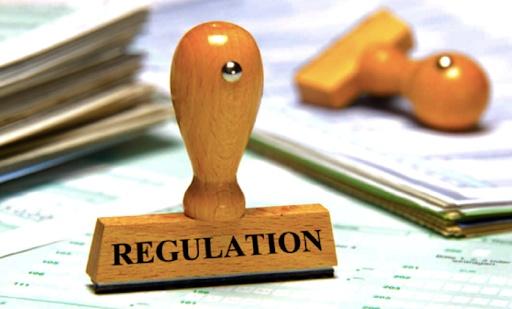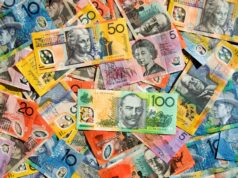The forex market is as old as the advent of currencies and has grown to become the largest financial market in the world. But, surprisingly, trading in the currency market hasn’t been very accessible to the general public for most of its history.
However, this has changed ever since the arrival of the internet and retail forex brokerages have popped up to facilitate trading. Nowadays, opening a forex trading account is no more different than opening a bank account. However, before one starts trading, it is important to be aware of some information that can ensure that your trading experience remains secure and successful.
Find the right broker

Finding the right broker in the market is perhaps the all-important first step that you are going to take. Since currency trading is decentralized and not-so-well regulated, it is highly recommended that traders research the broker’s reputation thoroughly before taking the plunge.
This can easily be done by verifying a broker’s history with the national regulatory agencies. Furthermore, it is also advisable to know about the services that a broker offers. Some may provide basic brokerages while others may provide sophisticated trading platforms and resources for analysis that assist in well-informed trading decisions.
You should also look to compare any fees or commissions that brokers may be charging for their services. When ascertaining the profitability of trading, these extra costs can become quite important for the trader.
Information required for account creation
Once you have decided upon a broker, you will be required to provide a variety of personal information to set up your trading account.
These may include the following:
- Name
- Country of citizenship
- Date of birth
- Address
- Phone number
- Currency type for account
- Tax ID or Social Security Number
- Employment status
Along with these, you may also be required to answer a few financial questions.
These may include:
- Trading experience
- Annual income
- Trading objectives
- Net worth
Choose the account type
When you’re all set to open an account, you will have to decide exactly which trading account type you want. You can choose either a personal account or a corporate (or business) account. One had to choose amongst ‘standard,’ ‘mini,’ and ‘micro’ accounts in the past.
But, since traders allow one to trade custom lots, this isn’t a problem anymore and is great news for those beginners who have only a small capital amount. It also keeps things flexible for traders as they won’t be necessitated to trade any more than they are comfortable with. Plus, you must always remember to read the fine print of your agreement.
Many application forms will have the option of a ‘managed account,’ which is good if you want the broker to trade for you. But, if you’re not looking to give the reins to someone else, you should be wary of this. Besides, a managed account demands big capital, somewhere north of $25,000. On top of that, the managing person may also take a cut out of your profits.
Industry compliance

One might be driven to wonder why brokers require so much information to open a trading account. The reason is that they have to abide by the law and be industry compliant. Ever since forex went retail, it has some regulations, which have been put in place to keep traders from harm and offer some protection.
As such, you won’t find many brokers ready to open an account without warranting all this information. If, however, you come across a broker that doesn’t require such information, be wary of them.
Registration
There might be some paperwork that you are required to submit to successfully open your account and the forms that you provided will vary depending on your broker. Soft copies of the same will be provided to you, which you can view and print at your pleasure.
Furthermore, be aware of the affiliated costs that you might have to pay, such as charges for bank transfer applied by your bank. Some banks actually may cost a lot, which might take a big bite out of your trading capital and may surprise you later.
Activate the account
As soon as the broker receives all the required paperwork, you should be greeted with an email providing the necessary instructions for activating your account. Once you have gone through the steps, a final email will be sent to you providing everything from username and password to detailed instructions that will assist you in funding your account.
Now, you can log in and begin trading. However, if you are just starting out, you would be better off trying your hand on demos. This will help you get the hang of the trading strategies and get familiar with simulated market conditions before you risk your account capital on live trading.
Summary
The procedure of opening and setting up a forex trading account isn’t too dissimilar from opening any other type of financial account. You will be required to do your research beforehand to ensure that your broker is reputable, provide the relevant information necessary for the process, choose an account type depending on your goals, register, and finally activate your trading account.
Once you have begun, you should be able to trade round the clock at your pleasure. It is highly advised that you read all the conditions in the documents provided by your broker carefully and are aware of any terms and conditions that might be associated with your trading account activity.
Though trading on a live account shouldn’t be your first experience with trading, as long as you approach trading with a scientific and stoical mindset. Use proper risk management, remain vigilant, and you should be well on your way to a successful forex trading career.




